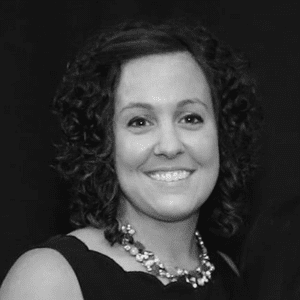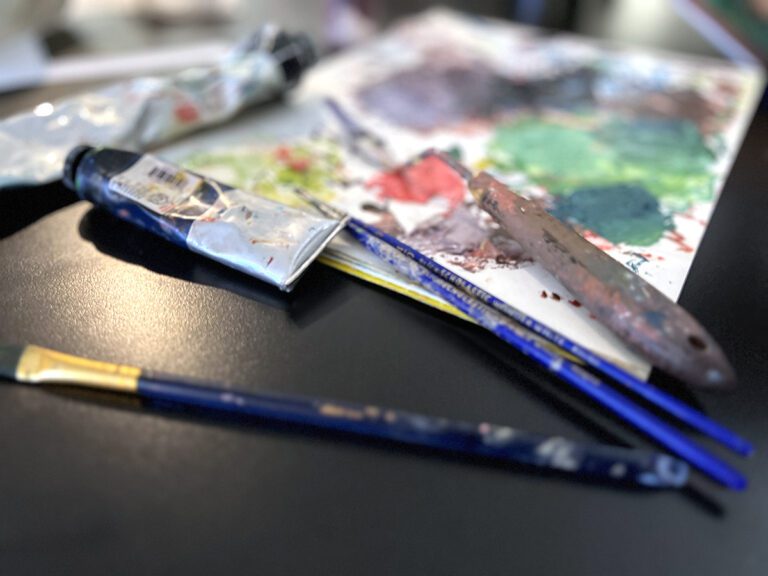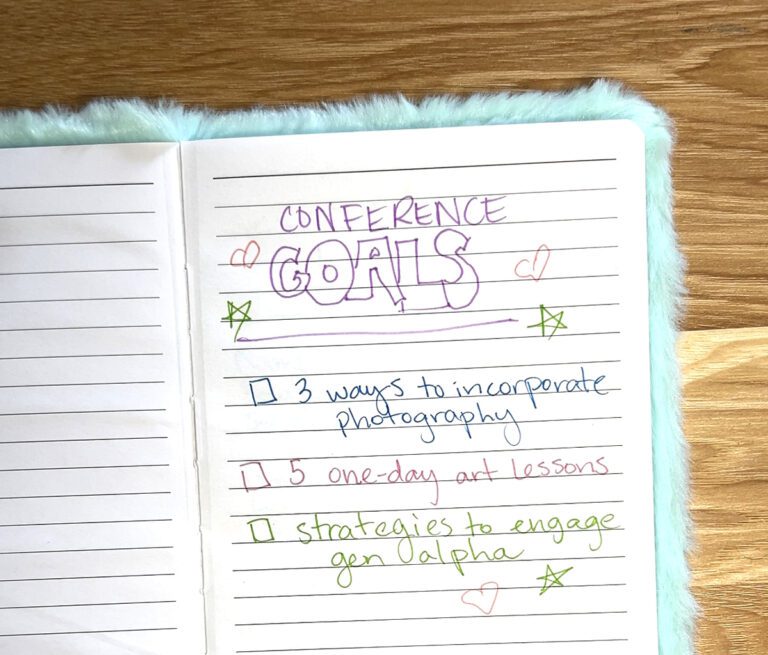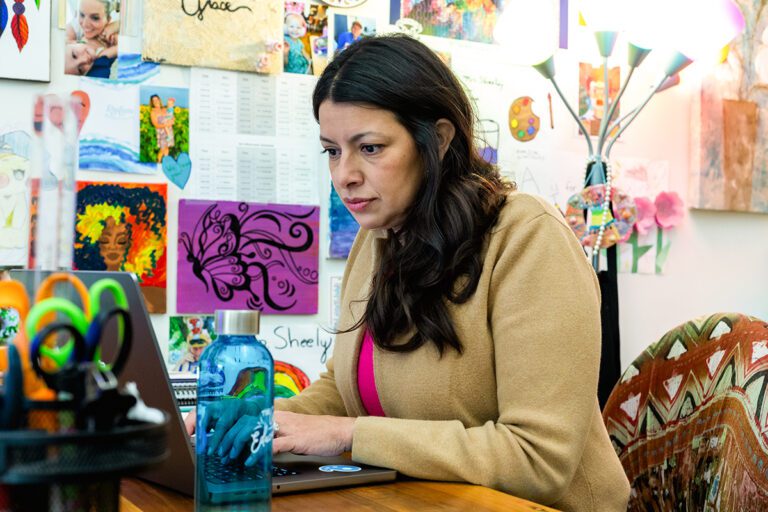Youth is a positive thing. Young teachers have energy, haven’t been jaded by the system yet, and genuinely want to get started on the right foot with a successful career.
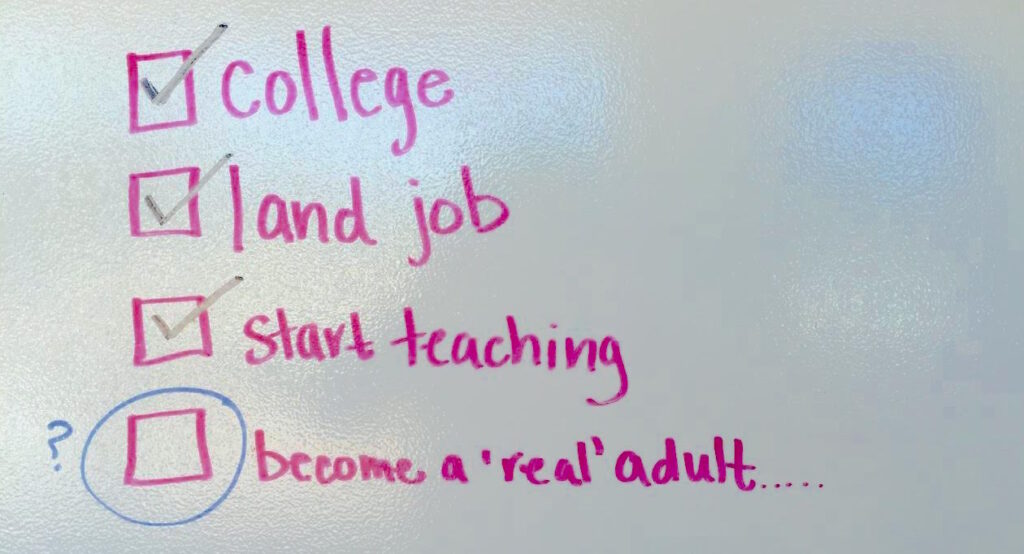
It can, however, be difficult to be taken seriously when the 6th graders are taller than you, you are only 4 years older than the senior class, and you are still carded at the grocery store on a regular basis.
I can relate. I got everything from small side comments about “looking young” to full-blown statements like, “You will never achieve ____ because someone else with more experience will get the job.” It can really beat you down over time, but it doesn’t have to. The choice is up to you!
Today I want to share some helpful lessons to help any teacher finesse their professionalism and find the confidence to prove the naysayers wrong, even as a very young art teacher.
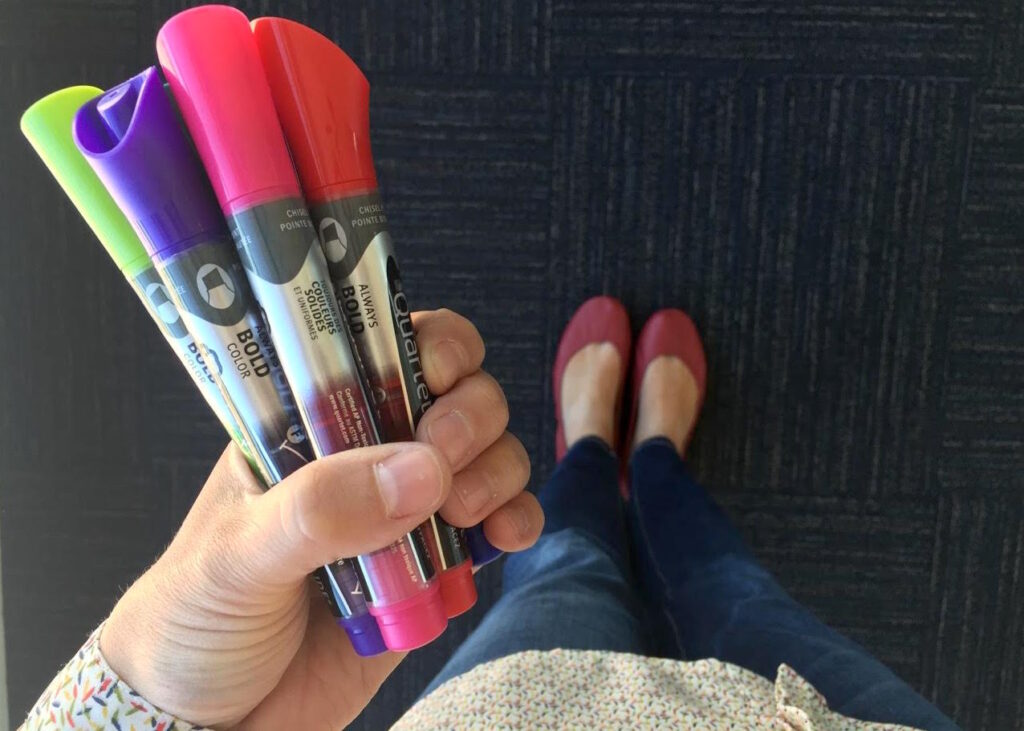
Lesson 1: Act Like a Classroom Teacher
There is a distinct divide, especially at the elementary level, between the classroom teachers and the specialists. This is a cultural norm that is difficult to cross. I urge you to cross the line and make some waves. Observe classroom teachers. See how they manage their classrooms, attend the meetings they attend, and volunteer to do something “most art teachers wouldn’t do.” You will gain respect and be seen as a CORE subject because you will be truly acting like an invaluable part of the school.
Lesson 2: Become an Expert in Your Field
College can’t prepare you for everything you need to know. There are many ways to gain more knowledge once you have started teaching. This includes on-the-job experience, connecting with great mentors, and taking control of your own learning.
I found the best way to learn more about Art Education was to engage in PD specifically related to the field. I sought out every obscure art workshop I could, which often meant going on a weekend bookmaking excursion or to an evening watercolor painting class. I also sought out online learning opportunities, such as classes, conferences, and interactions with other bloggers and teachers.

One great way to stay connected with the experts in the profession is by taking an AOE course. Every new art teacher will benefit from taking a course like Managing the Art Room or Designing Your Art Curriculum. In fact, these two courses, paired with Assessment in Art Education and Instructional Strategies for Art Teachers, include just about everything you need to know to get started on the right foot in the art room. Plus, stockpiling grad credits is never a bad idea because it will quickly allow you to move up on the pay scale or chip away at a degree.
In short, I really wish I had a resource like this when starting out. Luckily, you do, and can learn more about the courses right here. In addition, you can learn more about crafting the perfect PD plan for yourself here.
Lesson 3: Actions Speak Louder Than Words
Be sure you’re talking the talk and walking the walk. Prove your professionalism through your actions and words. Being poised is always a plus. Here are some ideas.
- Walk with your head held high in the hallways.
- Keep your emotions in check. Don’t cry in your principal’s office after the first day. Save it for home.
- Don’t use slang in speech or text.
- Write emails with greetings and closings.
- Ask for what you need/want. The worst they can say is no.
- Dress like you are at least 5-10 years older than you are. You will still look young.
- Don’t be late to meetings, and avoid the back row.
- Hand your paperwork in on time and show up for duties on time.
- Add finishing touches to everything you do, from the refreshments at the art show to the bulletin board design.
Your actions won’t lie. You will quickly gain trust and recognition for your efforts.
As you go out into the world as a young art teacher, remember, age is just a number. You are in the driver’s seat. Your goals are valid, and you will do great things. Fake it until you make it, and take control of your own learning to become an expert quickly.
High fives! You’ve got this, my friends!
I would love to hear your stories about being treated differently because of your age. How did you overcome it?
What are your tips for being professional as a young art teacher?
Magazine articles and podcasts are opinions of professional education contributors and do not necessarily represent the position of the Art of Education University (AOEU) or its academic offerings. Contributors use terms in the way they are most often talked about in the scope of their educational experiences.

